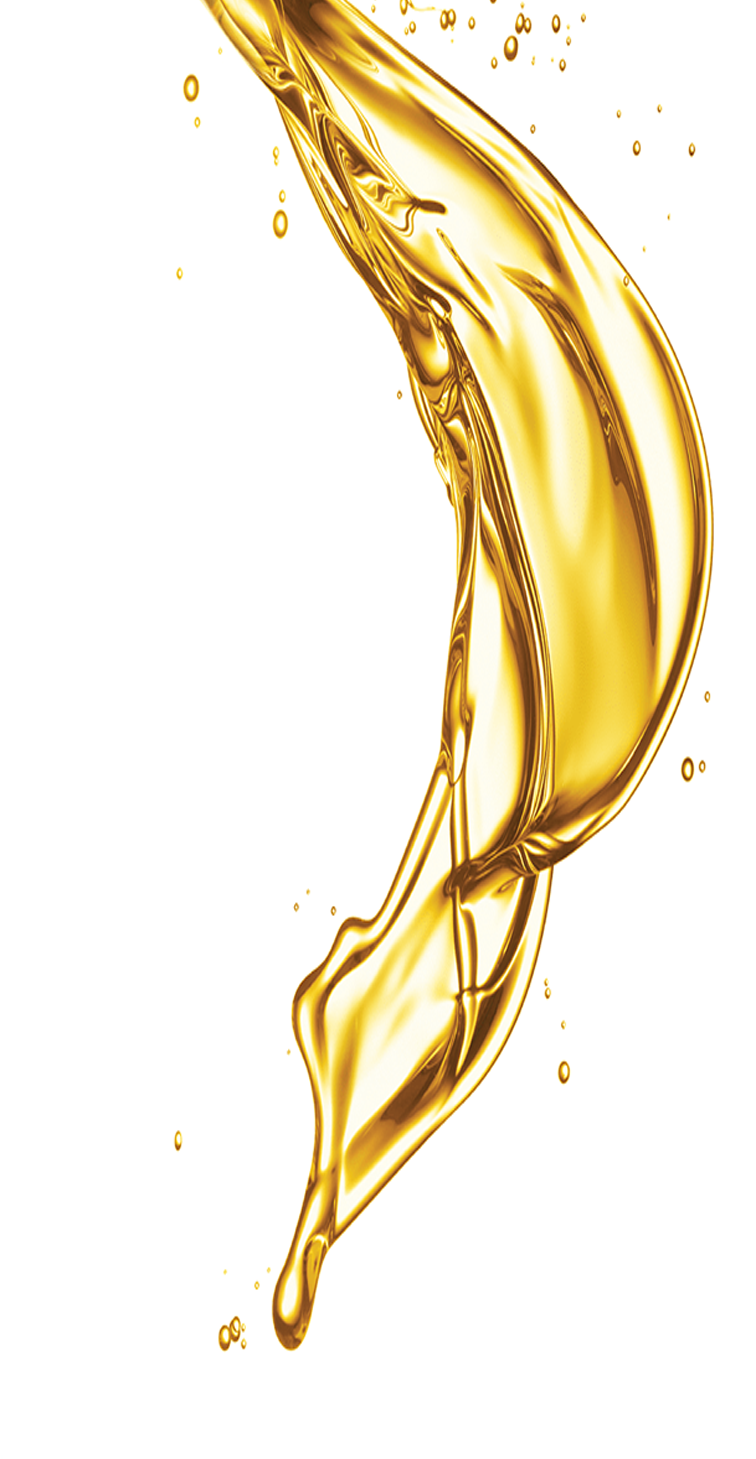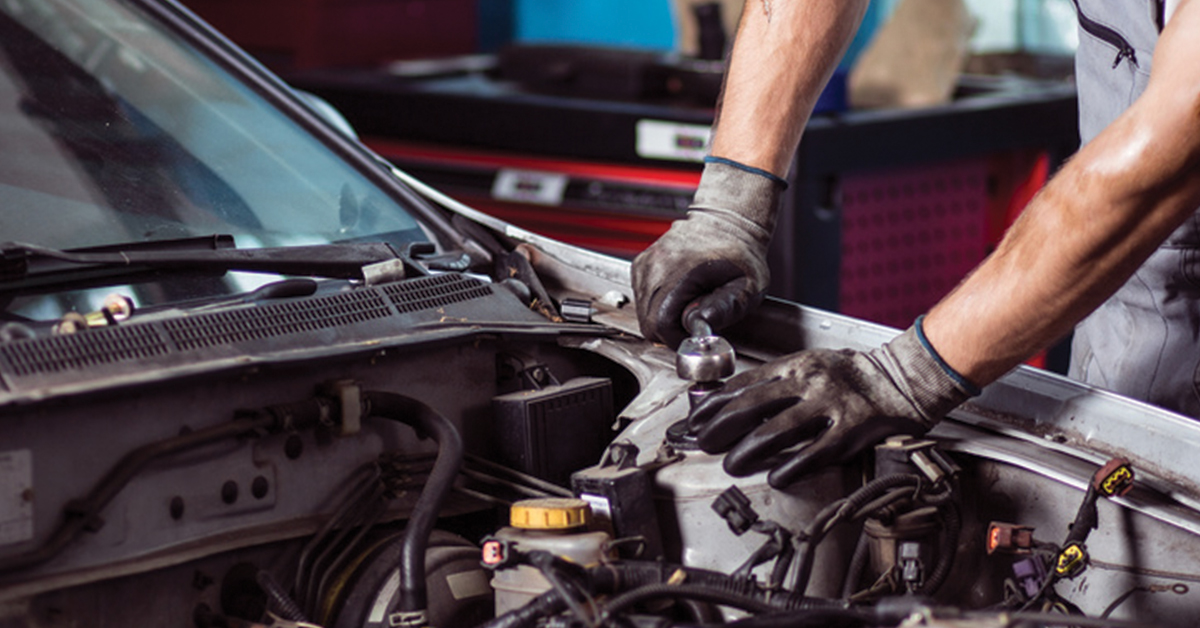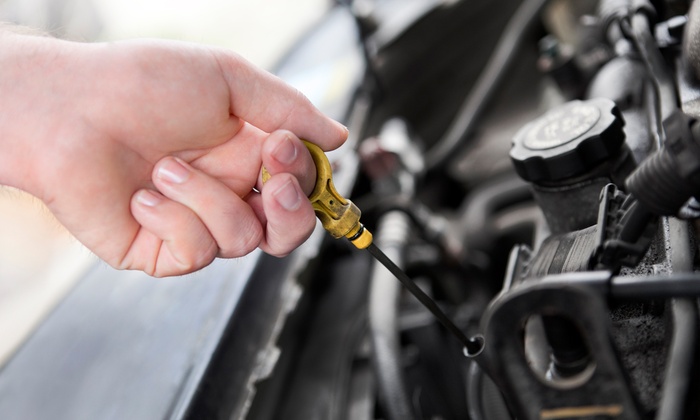Your Safety is Our Priority
Engine Service
Engine Repair
Engine Replacement
Engine Performance Check
Belt & Hose Replacement
Driveability Diagnostics & Repair
Fuel Injection Service & Repair Fuel System Maintenance & Repair
Ignition System Maintenance & Repair
General Repair Service
Computer Diagnostics
Air Conditioning Service & Repair
Electrical System Diagnosis & Repair
Brake Repair
Suspension & Steering Repair
Shocks & Struts
Cooling System Service & Repair
Exhaust Systems & Mufflers
Custom Exhaust
Pre-Purchase Inspections
Brake & Lamp Inspections
Fleet Services Hybrid Services Chassis & Suspension
Power Steering Repair
Body & Trim Repairs (Mirrors, Door Handles, Locks)
Power Accessory Repair
General Maintances
Factory Scheduled
Maintenance 30K, 60K, 90K, Oil Changes, Tune Ups
Filter Replacements
Safety & Emissions Inspections Windshield Wiper Blades
Fluid Services
Trip Inspections
Maintenance Inspections
Check Engine Light Diagnostics
Transmission Service
Transmission Services
New & Rebuilt Transmissions Driveline Maintenance & Repair
Axle Replacement
Differential Service & Repair
Clutch Repair & Replacement

oil service
When you change your car’s engine oil you have a lot of choices, including the use of synthetic oil or conventional oil. Most wonder what the benefits are of using synthetic vs. conventional oil. And if it’s really worth the money. Conventional motor oil is a lubricant that is derived directly from crude oil. It has excellent properties that allow it to provide lubrication at high temperatures, as well as maintaining its stability over long periods of time. Synthetic oil actually begins its life as conventional oil and is then modified to improve its protective and lubricant properties. Some blends of synthetic oil are designed specifically to increase the performance and life of high-mileage cars. Others are meant specifically for high-performance engines. Others actually have the ability to increase your car’s fuel mileage by using special advanced lubricants. Here is a quick overview of the most common advantages that synthetic oils offer over conventional motor oil:
- call Us
FEWER DEPOSITS
As conventional oils break down, they often leave deposits on engine components. Mechanics refer to this as “sludge” or “scaling.” This is especially common in engines that run for long periods of time, are driven hard or driven under tough conditions. As conventional oil breaks down, it literally sticks to different surfaces in the engine and “bakes on” just like cooking oil would in a frying pan. Synthetic oils are less apt to do this. In fact, some conventional oils are available that actually have the ability to remove some of these deposits.
REDUCE BREAKDOWN
Synthetic oils are less apt to break down which means that many synthetic oils don’t need to be changed as often as conventional oils. The more durable properties of synthetic oil also means that your engine is protected better through the whole service interval.
BETTER STABILITY
Synthetic oils are specially engineered to maintain their viscosity (thickness) at higher temperatures and over longer periods of time. This helps you prevent engine wear in several ways. It allows the oil to “stick” to engine parts more readily, providing better wear protection, as well as doing a better job protecting your engine from dry starts. A “Dry Start” occurs when your car has been sitting for an extended period of time. Gravity pulls the oil down to the bottom of the engine, allowing the components at the top of the engine to lose lubrication and run unprotected. By helping the oil maintain viscosity, synthetic additives decrease the effects of “dry starts.”
IMPROVED LUBRICATION
Most synthetic oils have added lubricants that increase the ability of the oil to keep engine parts slick, especially at high temperatures. This decreases wear over the long term, and may make your engine last longer.
difference between Auto Repair and Maintenance?

Repairs are services that are necessary when something on your vehicle is not working properly. Also, when your vehicle has worn to the point where a part replacement is required, diagnosis must be performed and quality parts installed correctly.

Maintenance is the routine scheduled services, inspections and part replacements that your vehicle manufacturer recommends based on the age or mileage of your vehicle.